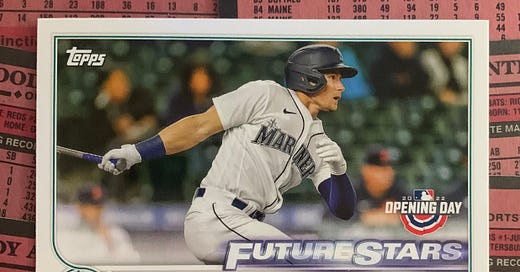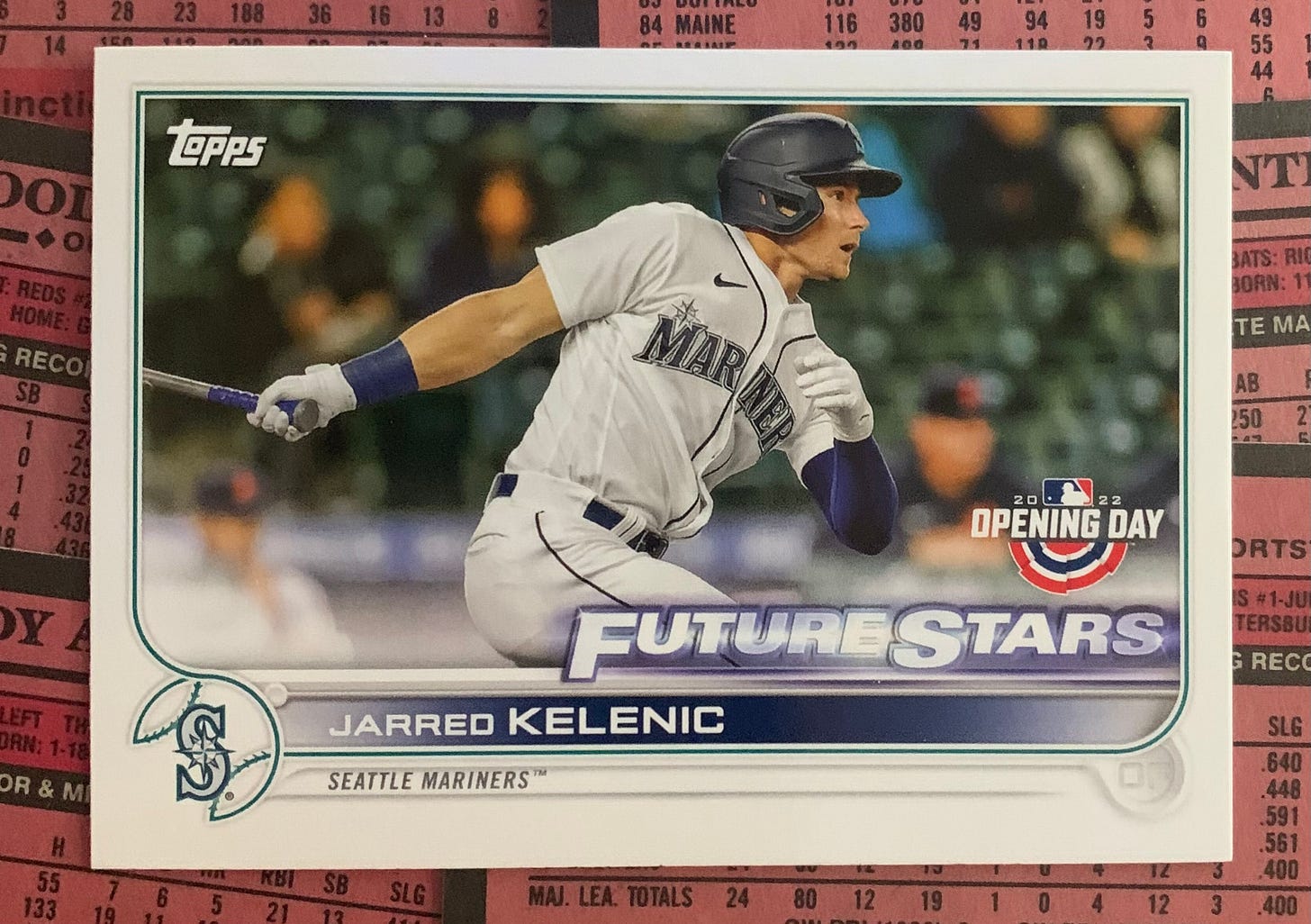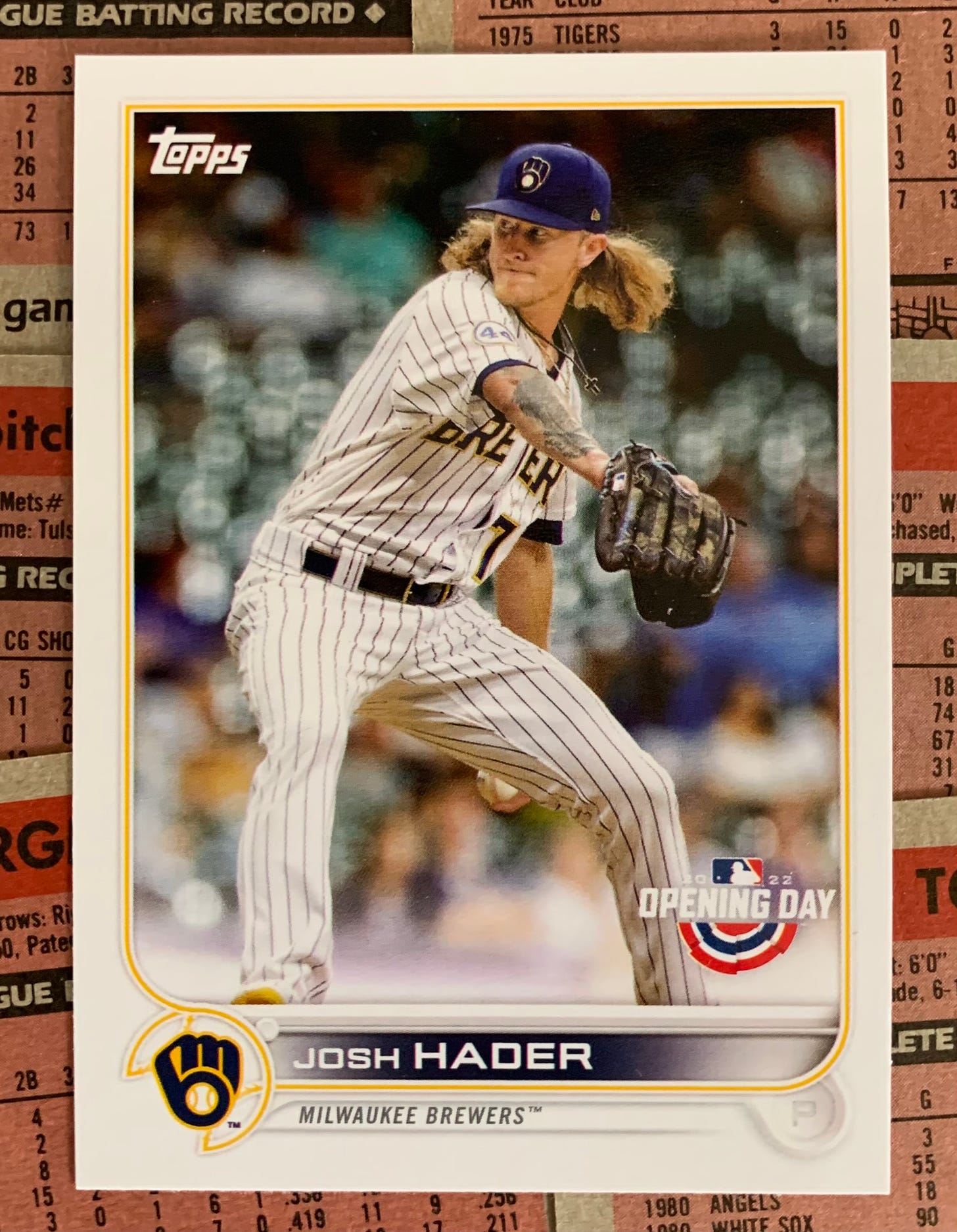Mistakes Were Made, A Closer Was Acquired
The deservedly maligned Robinson Cano trade did leave the Mets with one weapon at the right time
Welcome to Warning Track Power, a weekly newsletter of baseball stories and analysis grounded in front office and scouting experiences and the personalities encountered along the way.
Should we call it The Curse of the Two Hundred Forty Million Dollar Contract, or does that pardon the signing clubs?
One season after the Angels cut Albert Pujols during the final year of his 10-year pact, the Mets released Robinson Cano with two years remaining on his decade-long deal, originally inked by the Mariners. Both contracts guaranteed the players $240 million.
Both contracts also essentially guaranteed that, without postseason success, the team executive who formally signed the contract on behalf of the club would be relieved of his duties before the expiration of the agreement. That’s a long-winded way of saying that Jerry Dipoto (the Angels GM when Pujols signed) and Jack Zduriencik were both fired after their teams failed to meet the expectations that come with signing players to that kind of money.
Neither signing team won a single postseason game with those players under contract. Amusingly enough, Cano is well positioned to collect postseason shares from two teams this year as both the Mets* and his current club, the Padres, look poised for October baseball.
(*Yes, I hear you New Yorkers of all allegiances. It is still May and these are the Mets. Loud and clear.)
As an added bonus, Cano also took out Brodie Van Wagenen, the Mets short-lived and ill-equipped GM who brokered a trade for the former Yankees star.
Van Wagenen, previously a successful baseball agent, acquired Cano, his former client, from the Mariners in one of the worst deals of the century.
That trade involved seven players total. The Mariners and their GM Jerry Dipoto — fresh off his tenure in Anaheim — won the deal strictly by breaking free of the final five years of Cano’s contract, at the time (before any knowledge of a shortened 2020 season and season-long PED suspension) worth $120 million.
The Mariners kicked in $20 million of cash to help the Wilpons cover expenses.
Today — at least as of last night — Cano is a bench player with the Padres, batting .107 with one RBI in 29 plate appearances during his time in San Diego. It’s hard to imagine that the Padres won’t soon find a replacement for the eight-time All-Star.
Most of the players involved in the deal are either out of baseball and/or have been spun off in other deals. The status of the two remaining players, though, breathes new life into a story already with plenty of miles on it.
It would have been enough to find a willing taker for Cano and his contract, so when the Mets included Jarred Kelenic, then one of the very best prospects in MLB, the deal looked too good to be true for baseball fans in the Pacific Northwest.
Well, in nearly 500 big-league plate appearances over the past two seasons, Kelenic is hitting .173 with no advanced metrics that help his case. In his defense, his high school classmates just graduated college right about now.
So he won’t be Bryce Harper. Won’t be Juan Soto. There are still hundreds of highly positive potential outcomes for Kelenic. What we know for now is that, in a season in which the Mariners expected to compete, Kelenic’s struggles forced him back to Triple-A.
That leaves us with Edwin Diaz, the All-Star closer who joined Cano on the journey from Seattle to New York. After struggling in his first season with the Mets, Diaz is now locking down the ninth inning for the NL East Division leaders.
The Cano trade will never be viewed as a savvy baseball deal on the part of then-Mets leadership. At best, it’s one high-stakes blackjack hand in which Mr. Met hit on 15 against the dealer’s five because he “had a feeling” — and drew a six.
Michael Lewis won’t write a best-seller about the process, but — what the hell — parades are more fun than books anyway.
(*Also, yes, I remember; it’s still May and these are the Mets.)
I can’t talk about closers without mentioning Brewers three-time All-Star Josh Hader. In 16.2 innings of work this season, he’s given up four hits, while striking out 26 against only six walks. Oh, and he’s yet to surrender a run.
Yesterday, in a doubleheader sweep of the Cubs, Hader secured two saves, pushing his season total to 18.
For a little context, those 18 saves equal the current win totals of the Nationals and the Tigers and exceed the win totals of the Reds and the Royals.




